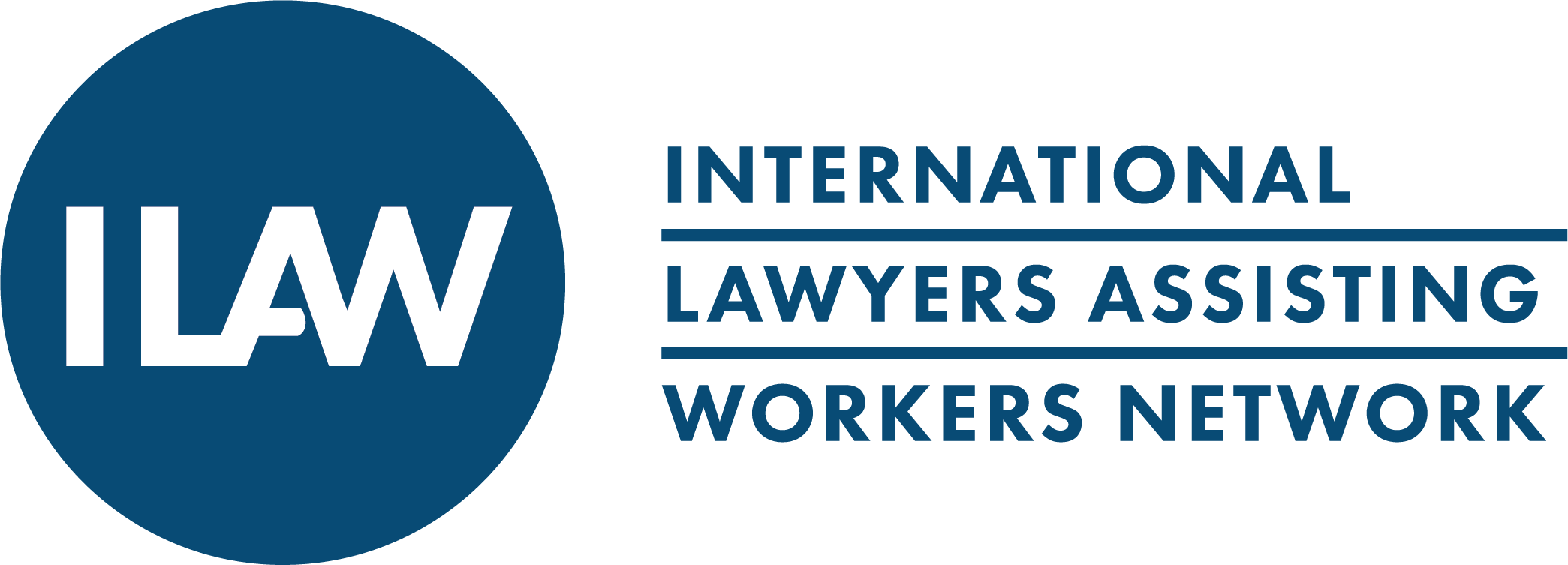“Increasing demand for long-term care (LTC) is a critical issue for the European Union (EU). According to the European Care Strategy, currently around 6 million people work in LTC in …
Report
Just for show: Worker representation in Asia’s garment sector & the role of fashion brands & employers
“As the fashion industry grapples with supply chain disruption, climate breakdown, geopolitical trade shifts, the aftermath of the pandemic and a rapidly evolving landscape of human rights and environmental regulation …
Extreme Heat Is More Dangerous for Workers Every Year
Heat-related illness has been recognized as an occupational hazard for decades. Extreme heat conditions are increasing in frequency across the United States, exposing a rising number of workers to conditions …
Algorithmic Management and a New Generation of Rights at Work
Technology is once again transforming the world of work. The introduction of new technologies in the workplace has long been a site of tension and contestation between workers and employers, …
Unions Give Workers a Voice Over How AI Affects Their Jobs
As policymakers seek solutions to the current and future impacts of artificial intelligence (AI) on workers across the country, workers themselves are using their union bargaining power to negotiate contract …
At Work and Under Watch: Surveillance and suffering at Amazon and Walmart warehouses
“Amazon and Walmart are the two largest private employers in the United States, and together these two megacorporations have amassed unprecedented levels of wealth. Both companies have succeeded by pioneering …
Digital labour platforms and migrant workers
Analysing migrants’ working conditions and (over)representation in platform work in Europe “Working for labour platforms is still relatively rare, but the generally poor working conditions and the impact on the …
HIDDEN HARVEST: Human Rights and Environmental Abuses in India’s Shrimp Industry
“This report is the culmination of three years of research and investigations into the Indian shrimp sector, examining evidence of forced labor, living and working conditions for shrimp supply chain …
ILO Report – Profits and poverty: The economics of forced labour
“US$236 billion. This is the obscene level of annual profit generated from forced labour in the world today. This figure reflects the wages or earnings effectively stolen from the pockets …
Confronting systemic human rights violations: Human rights due diligence and state-imposed forced labor under the German Supply Chain Act
“The existence of state-imposed forced labor as a systemic human rights violation within global value chains requires an urgent corporate response. Although the issue of state-imposed forced labor and its …

International Lawyers Assisting Workers Network
c/o Solidarity Center
1130 Connecticut Ave, NW 8th Floor
Washington DC, 20036
